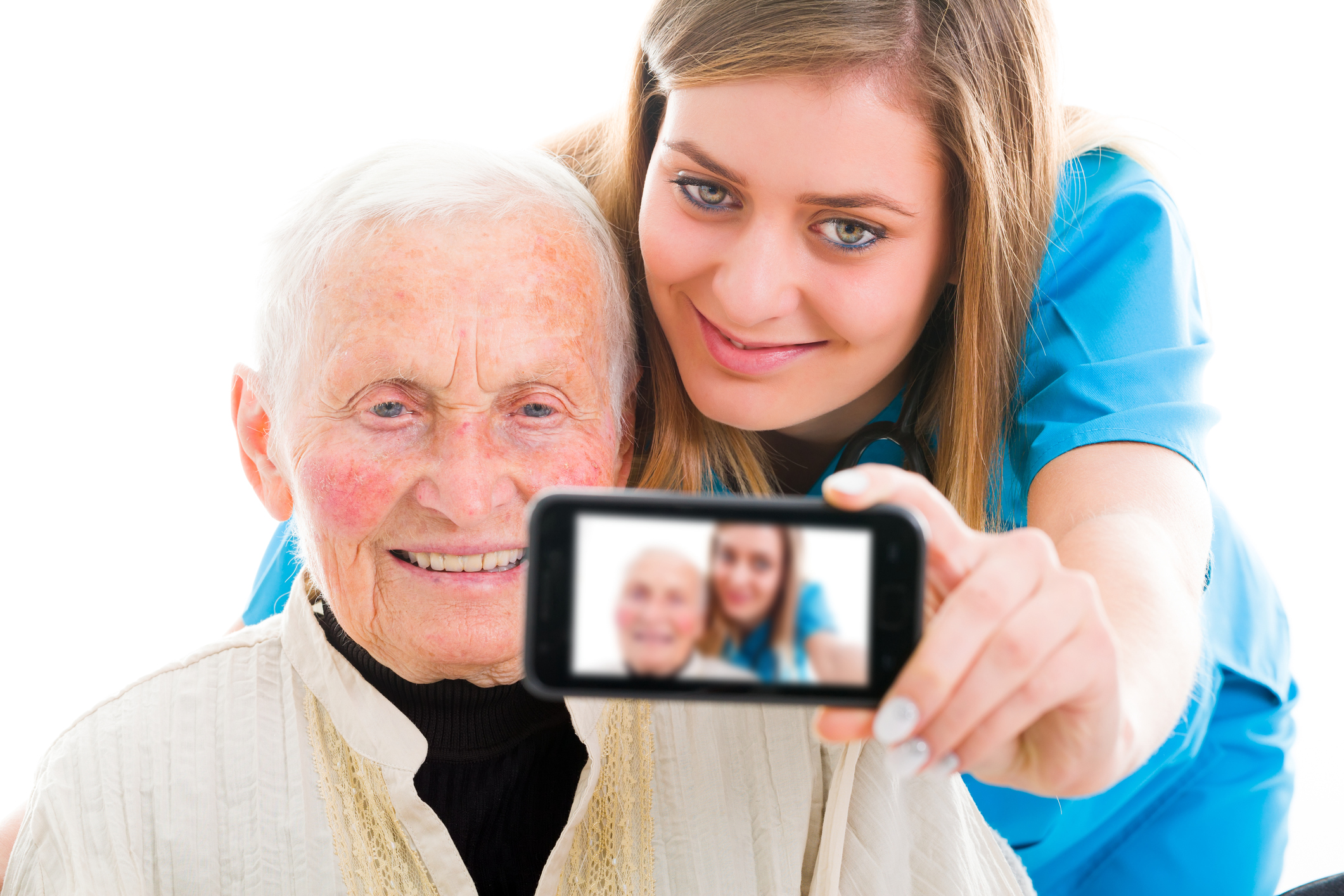The days of taking a friend or family member aside to discreetly discuss medical concerns and assorted healthcare issues has seemingly been replaced by public crowd-sourcing, thanks in large part to the convenience of social media. The goal, presumably, for people posing healthcare questions on social media, is to gather responses and advice from those that have been in similar situations, or possibly a free opinion from medical professionals, both of which seem to offset the apparently antiquated concept of privacy.
However, as anyone with a social media account can attest, knowledgeable responses are often mixed with, or lost among, endless anecdotes, hyperbole and humor. Obviously, relying on non-scientific medical advice from laypersons on the internet can have dangerous results, yet healthcare questions on social media are as prevalent as food pictures and cat videos.
It isn’t all bad news, there are also positive ways that social media and healthcare are able to work together. For instance, with the wide reach of social media, healthcare professionals are able to connect with numbers far larger than their real-life patients to better promote healthy lifestyles. Additionally, should major outbreaks of disease occur, healthcare professionals are able to provide potentially lifesaving information in real time to large sections of society.
Social media is also gaining popularity with those looking for recommendations on healthcare professionals, everything from initial visits to second opinions. According to the Huffington Post: . . . “a recent survey of 1,060 U.S. adults by PricewaterhouseCoopers on healthcare and social media showed that 42% of consumers have used social media to access health-related consumer reviews (e.g. of treatments or physicians). Nearly 25% have posted about their health experience, and 20% have joined a health forum or community. The survey also showed that more than 70% claimed to appreciate receiving assistance from healthcare providers via social media with referrals and appointment scheduling. What is most impressive is the fact that information found via social media could affect their decisions to seek a second opinion among 45% of consumers.
“From the perspective of the healthcare provider, the Internet and social media provide the professional with a platform to share information, discuss healthcare policies and practice issues with colleagues, engage with the general public in promoting health behavior, and educate and interact with patients and caregivers. Such activities can potentially improve health outcomes, maintain a functional professional network, provided updated knowledge and awareness of developments and discoveries, and bring the healthcare professional into closer contact with the community.”
The site referralMD offers a curated list of 30 statistics (click link for entire list) on social media use by patients and healthcare providers:
- 32% of U.S. users post about their friends and family’s health experiences on social media.
- 29% of patients viewing health information through social media are viewing other patients’ experiences with their disease.
- 24% are viewing health-related videos/images posted by patients.
- 74% of internet users engage on social media. 80% of those internet users are specifically looking for health information, and nearly half are searching for information about a specific doctor or health professional.
- 27% of patients comment or post status updates based on health-related experiences.
- 30% of adults are likely to share information about their health on social media sites with other patients, 47% with doctors, 43% with hospitals, 38% with a health insurance company and 32% with a drug company.
- 88% of physicians use the Internet and social media to research pharmaceutical, biotech and medical devices.
- 53% of physician practices in the United States have a Facebook page.
- 50% of healthcare apps available to consumers can be downloaded for free and are produced by a variety of developers
Healthcare has changed with social media due to easier and faster connectivity, the formation of specific communities with regard to shared experience, and an increase in marketing visibility—by both healthcare providers and patients. While basing an individual’s healthcare path upon crowd-sourced results may not be the ideal way to utilize social media, the potential for positive sharing of information between patients and providers (and the demand for it) is quickly gaining in momentum, and the possibilities for the future appear full of promise.









